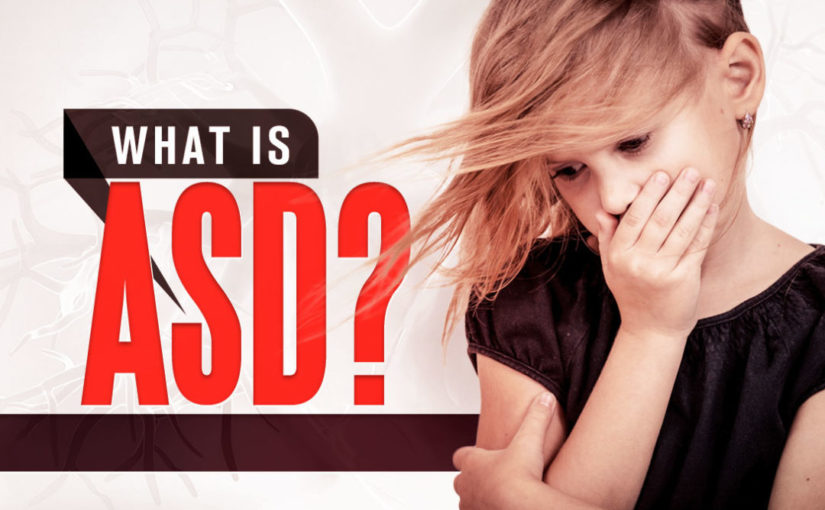Autism spectrum disorder (ASD), or autism, is a group of developmental disorders that involve challenges with social skills, nonverbal communication and repetitive behavior. It is called a ‘spectrum’ since it is a wide range of conditions acquired by a person with autism.
The signs of autism may appear between two to three years of age. In other cases, young children may be diagnosed as early as 18 months and it lasts throughout a person’s life.
You may know someone, a friend or a family member with autism. You may notice that they appear to lack interactive skills. Some of them have constant social problems, limited interests and doing the same type of behavior repetitively. You probably also observed their inability to function socially whether at home, school or at work.
Children with ASD may lack mindfulness of their surroundings and interest in other children. You may find them often isolated and they tend to play alone.
Cause of Autism
The precise cause of autism is unknown, but it is believed that complex environmental and genetic factors are involved. Other possible triggers are premature birth and alcohol exposure during a mother’s pregnancy.
Symptoms of Autism
- Delayed language development
- Difficulty understanding other people’s emotions or feelings
- Uses body language or facial expressions most of the time
- Small changes in the environment triggers tantrums
- Repetitive activity
- Serious learning difficulties
- Unresponsive to their name by 12 months of age
- Rocking of body and flapping of hands
Diagnosing Autism
Children are diagnosed by the age of two. Doctors evaluate a child’s behavior and development thru comprehensive testing.
Older children and teenagers are evaluated for ASD when a teacher or parent notice problems on a child’s ability to communicate and socialize.
Therapy for Autism
To reduce a child’s difficulty during development, it is necessary to get early treatment and proper care. Work closely with a health care specialist to get advice on the right treatment program. Talk with a pediatrician and find an autism expert who can help create goals and intervention for the child.
Search for an autism support group. Share relevant experiences and information with other caregivers. Learn more about your options and improve your process of decision-making.
Currently, there is no specific treatment for ASD. Behavioral and communication therapy are used for the child to grow and learn new skills. Medications are used to control symptoms.
If you have a child or caring for someone showing signs of autism, see a health care provider to check the child’s development. They need a comprehensive evaluation by specialists for diagnosis and intervention.
To stay up to date on health topics, health maintenance, regenerative medicine, please continue to visit our blog at http://www.kennedyhealthcenter.org/blog/ or connect with us on social media at
